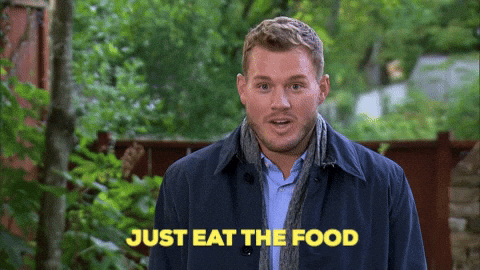
Title: The Deadly Impact of Plastic Pollution on Marine Life The ocean’s plastic problem has been well-documented over the years, but recent research published in Proceedings of the National Academy of Sciences reveals just how deadly this pollution can be for marine animals. A study led by Britta Baechler, director of Ocean Plastics Research at the Ocean Conservancy, found that seabirds, sea turtles and marine mammals like porpoises, seals, and whales don’t have to consume much plastic before it becomes fatal. The research team analyzed autopsy data from over 10,000 deceased animals across 53 studies conducted worldwide. The findings were startling: less than three sugar cubes’ worth of plastic could kill an Atlantic puffin; two baseballs’ worth would do in a sea turtle; and the equivalent of a soccer ball is enough to off a seal or dolphin. For seabirds, ingesting just six tiny pieces of rubber, each smaller than about the size of a pea, can result in a 90 percent chance of death. These findings underscore the urgent need for action against plastic pollution. Every day, an estimated 2,000 full garbage trucks’ worth of plastic enters our oceans. This not only harms marine life but also disrupts ecosystems and threatens human health through contaminated seafood consumption. The historical context of this issue dates back to the mid-20th century when synthetic polymers began replacing natural materials in various industries, leading to a surge in plastic production. Over time, much of this waste has ended up in our oceans due to poor disposal practices and lack of regulation. The implications of these findings are significant as they highlight the immediate danger posed by microplastics – tiny particles resulting from broken-down larger plastics – which can easily be mistaken for food by marine animals. This not only leads to physical harm but also disrupts their digestive systems, potentially causing starvation or other health issues. As we grapple with the enormity of this problem, it’s crucial that we take steps towards reducing plastic consumption and waste management. Governments must enact stricter regulations on single-use plastics, while individuals can make a difference by choosing reusable alternatives, supporting eco-friendly businesses, and advocating for sustainable policies. In conclusion, the study serves as a stark reminder of the deadly impact plastic pollution has on marine life. It’s time we take decisive action to protect our oceans and all its inhabitants from this man-made disaster.
Source: [Original Article](https://www.npr.org/2025/11/20/nx-s1-5611148/plastic-pollution-ocean-animals-seabirds-turtles-research)
#eating
Check out my AI projects on Hugging Face, join our community on Discord, and explore my services at GhostAI!
